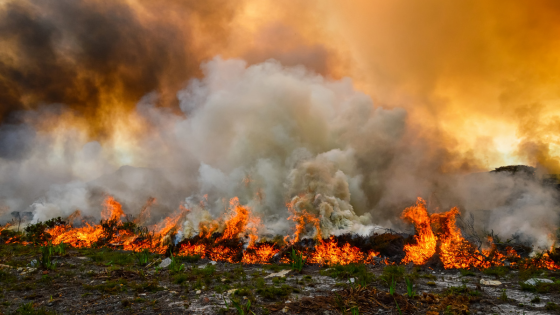Some disasters come with advance warning. Others strike with little or no notice. For unpredictable events like earthquakes or wildfires, you need to always have a solid plan and resources in place and be ready to move quickly. Take these steps to prepare:
Practice Your Life Safety and Evacuation Plan
An evacuation plan can save lives. To create one:
- Identify at least two ways to exit your home safely in case one route is blocked.
- Designate a safe meeting spot outside your home where your family can regroup.
- Determine who will be responsible for helping children, elderly family members, or pets.
- Conduct regular drills to ensure everyone knows the plan and can execute it efficiently under stress.
Create an Evacuation Checklist
What if you are told you need to evacuate your home? Along with sentimental items that are irreplaceable, plus phone numbers of close contacts stored in a safe place in your car, here is a short list of important documents to assemble and take with you if you need to leave your home in a hurry:
- Insurance policies
- Passports and birth certificates
- Family photos
- Tax and loan documents
- Stocks and bonds
- Wills and trusts
- Plans/blueprints of your home
Maintain an Inventory of Your Personal Belongings
Having a comprehensive inventory of your possessions can expedite the insurance claim process after a disaster and help you maximize your insurance protection. Follow these steps to get started:
- Take photos or videos of every room, including closets, drawers, and storage areas.
- Create a home inventory spreadsheet. Get started with this template from United Policyholders.
- Scan receipts and appraisals for high-value items.
- Update your inventory as you acquire new items and remove items you no longer have.
- Store your inventory and important documents on a flash drive or online storage system.
Consult Your Independent Agent
Your independent agent can provide personalized advice to ensure you have enough coverage for a major or total loss. Key points to discuss:
- Verify that your policy covers the full value of your home and belongings.
- Ensure you have coverage for the types of disasters common in your area (e.g., flood, hurricane).
- Understand whether your policy covers the replacement cost (the cost to replace an item with a new one) or actual cash value (the depreciated value).

